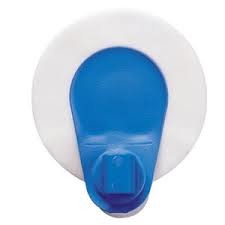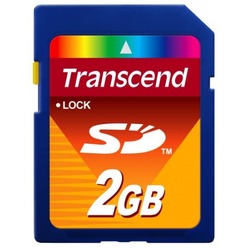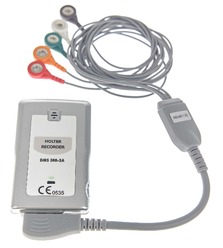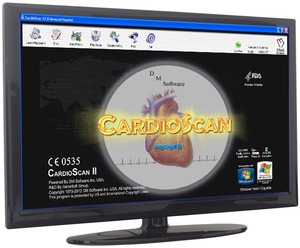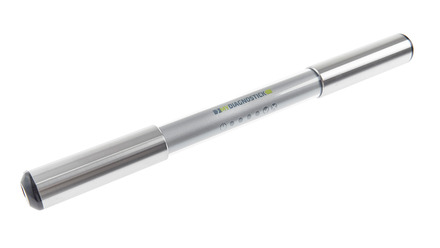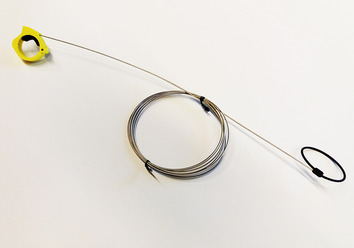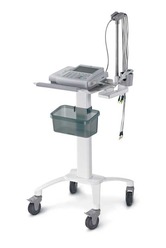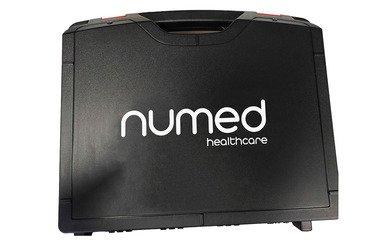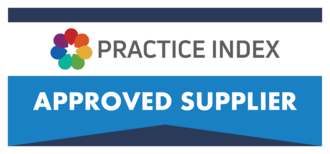 ECG Monitors & Equipment
ECG Monitors & Equipment
Numed Healthcare offer you a comprehensive range of fully integrated 12 Lead ECG machines, ECG Electrodes, ECG Paper, ECG Machine Accessories and ECG Event Recorders.
Ideal for busy GP surgeries, ECG clinics or community nurses conducting home visits, our solutions are designed to save time and improve patient safety. Every product, from our ECG Leads Systems to our Electrodes and Holter Recorders, are sourced from top quality healthcare brands such as GE Healthcare, QRS and Ambu.
Find our range of ECG machines, accessories and equipment below.
FAQs
What is an ECG machine?
An ECG or EKG (electrocardiogram) machine records the rate, rhythm and electrical activity of a heart. It also measures how well a heart’s chambers conduct electrical impulses.
What is an ECG machine used for?
An ECG machine can help to detect heart problems such as, an irregular heartbeat, a heart attack (myocardial infarcation), an enlarged heart or coronary heart disease.
They are also used to monitor the health of someone who already has a diagnosed heart condition or is taking medications that can affect the heart e.g. beta-blockers.
What are the types of ECG machines?
An ECG machine can be 3-lead, 5-lead or 12-lead. They are used for monitoring the heart from different areas and in different situations.
3 lead ECGs - often used in transit. They are commonly transport monitors e.g. used in an ambulance.
5 lead ECGs - commonly used in intensive care units. They are usually used to monitor heart activity in an intensive care unit.
12 lead ECGs - usually used in hospital consultation rooms to explore potential or existing heart issues. 12-lead ECG machines use 10 electrodes in order to show a full, cohesive picture of a heart’s electrical activity and are used to diagnose and monitor heart conditions.
How to use an ECG machine
12-lead ECG machines show a full, cohesive picture of a heart’s electrical activity. Electrodes are stuck onto a patient’s skin and the ECG connectors are attached. An ECG recording is produced and can then be interpreted by the healthcare professional.
Watch our ‘How to take a 12 lead ECG’ video here.
How do I choose what ECG machine to buy?
One of our bestsellers is the GE MAC 600 Portable ECG Machine – lightweight and easy to transport, it features a long-lasting battery life, performing up to 250 ECG tests from just one charge. Plus, you’ll receive a 5-year manufacturer’s warranty and 1 year of MediServe support cover, giving you unlimited technical support and repairs.
Along with our top selling ECG monitors, you can choose from our popular, affordable accessories - high quality Ambu ECG Electrodes, SECA and GE MAC Paper.
What is the correct placement of ECG leads?
12-lead ECG machines show different angles of the heart – six connectors are attached to the chest skin around the heart and the remaining four on the arms and legs. Precise positioning is essential for a correct ECG result.
We’ve put together some videos and guides to help answer any Electrocardiogram (ECG) queries, including an ECG Lead Placement Guide.
A guide to Ambu electrode placement
Electrodes are attached to a patient’s skin (usually chest and limbs) during an ECG procedure. Again, correct application of these is vital for a successful ECG reading.
View our guide to the application of Ambu Blue Sensor ECG Electrodes here.
What happens during a resting ECG test?
An ECG is simple, painless and non-invasive. The resting ECG is often completed in a doctor’s office or hospital. A patient must lie down and not move throughout the test – this is because the ECG is used to see how the heart behaves at rest and other muscle movement could interfere with the results.
The electrodes are attached to a person’s chest and limbs whilst they lie, and are monitored on the ECG screen or paper. The average length of this test is 5-10 minutes.
